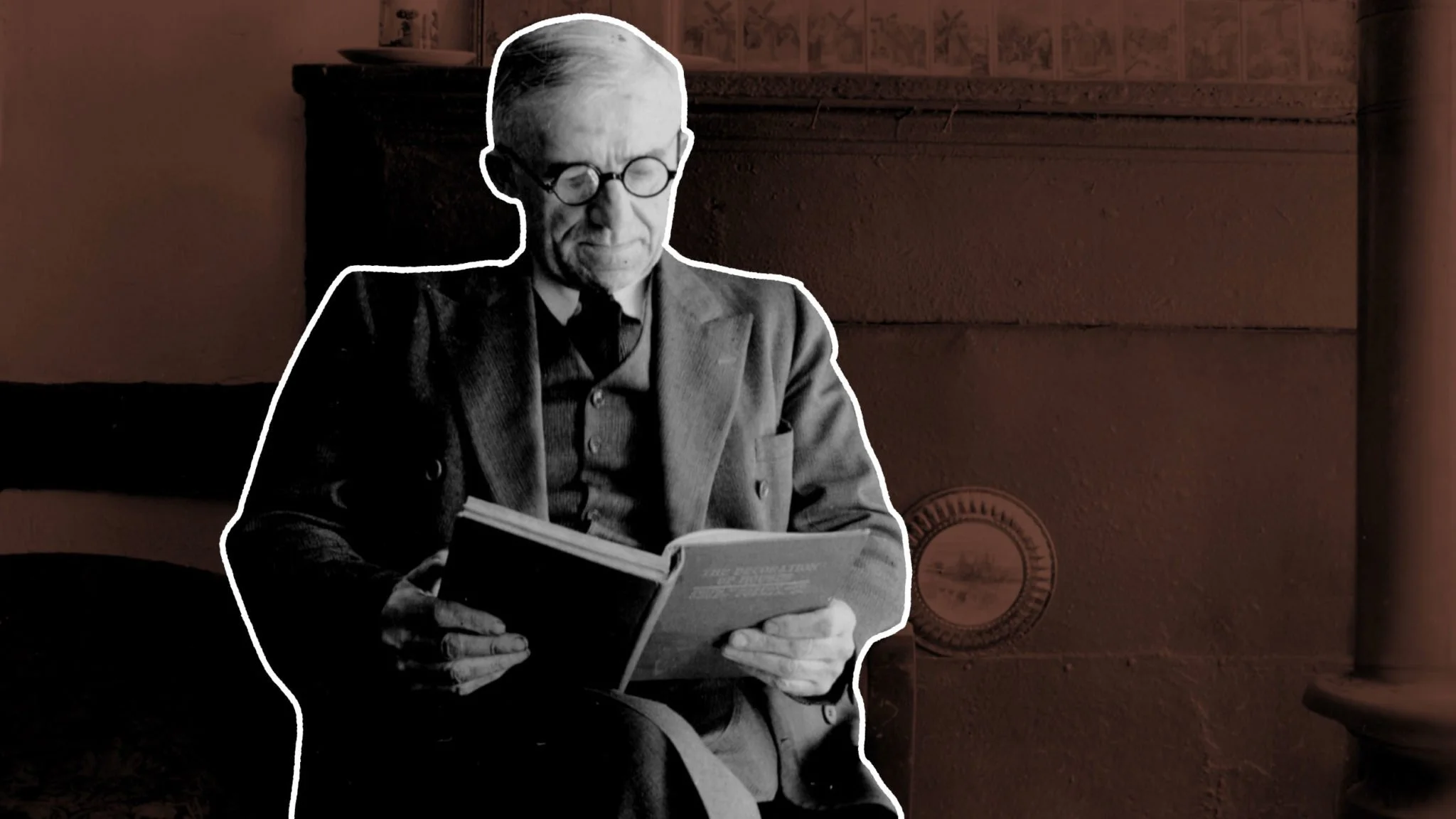Conversations for the Clarification of Thought
Peter Maurin, co-founder of the Catholic Worker movement alongside Dorothy Day, had a deceptively simple idea: if people are going to live differently, they need to think differently. He called his gatherings “Conversations for the Clarification of Thought.”
What They Were
Maurin’s “conversations” were not lectures or debates. They were open circles where ordinary people could come together—workers, priests, radicals, students, neighbors—to wrestle with the biggest questions: What does justice require? What does community look like? How should the poor be treated? The point was not to settle on final answers, but to strip away confusion, expose assumptions, and seek clarity in common.
He believed that society was drowning in second-hand slogans and half-digested ideology. Clarification of thought meant slowing down, asking simple but uncomfortable questions, and holding them up against both lived experience and timeless wisdom.
Why It Mattered
Maurin’s approach was radical because it trusted people’s capacity to think deeply. He didn’t believe solutions should only come from experts or politicians. In the middle of the Great Depression, when so many were desperate for bread and shelter, Maurin insisted that we also needed intellectual bread: space for reflection, dialogue, and moral imagination. Without clear thought, even good intentions could collapse into chaos or cruelty.
These conversations helped shape the Catholic Worker houses of hospitality, farms, and newspapers. They gave birth to a culture where thought and action were not enemies, but partners.
Lessons for Us
For Grunt Works, Maurin’s idea still feels urgent. We live in an age of noise—endless content, hot takes, partisan talking points. Clarification of thought offers an antidote. It reminds us to gather, to ask the deeper questions together, and to test our answers in community.
Slow down: Resist the rush to quick fixes and slogans.
Gather widely: Everyone has something to bring to the table.
Seek clarity, not consensus: Disagreement is not failure—it’s part of the sharpening process.
Link thought to action: Reflection without practice is empty; practice without reflection is reckless.
Carrying It Forward
Maurin’s “conversations” were never meant to stay in the 1930s. They were a method, not a museum piece. In our own time, with our own struggles—war, inequality, alienation—the need for clear, honest, shared thought is as great as ever.
At Grunt Works, we honor that legacy by creating spaces where clarity can emerge: spaces that welcome both the soldier and the civilian, the scholar and the skeptic, the neighbor and the stranger. In doing so, we’re not just remembering Maurin’s idea—we’re putting it back to work.

